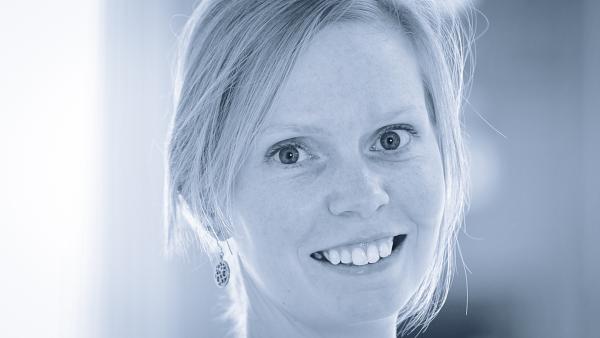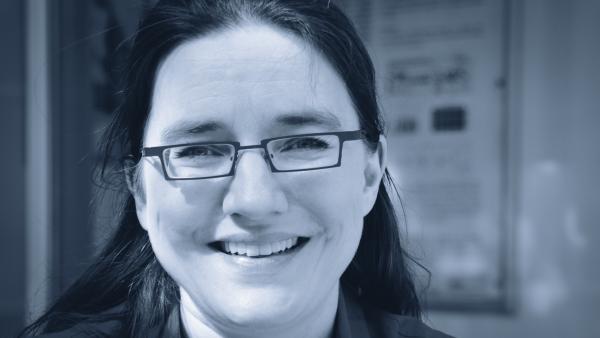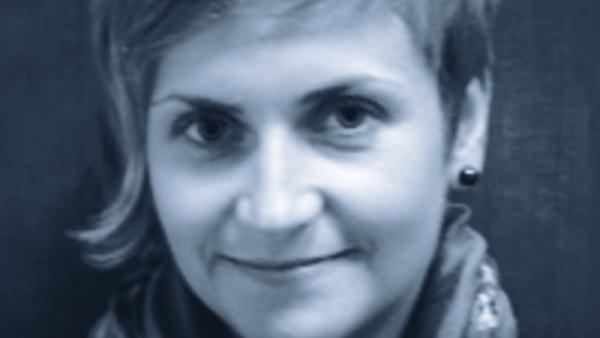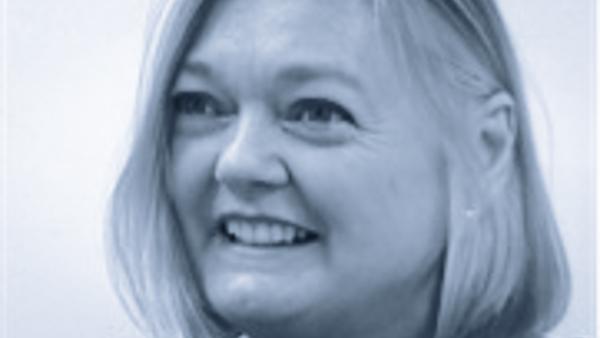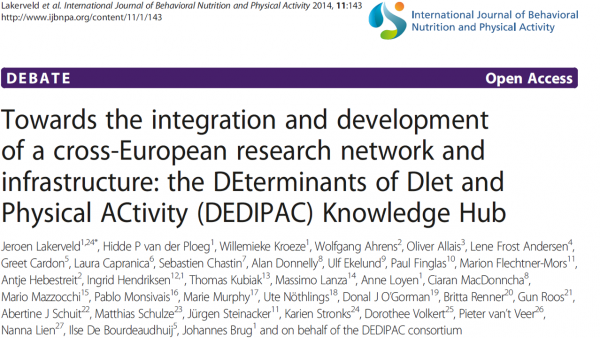
Integration and development of a cross-European research network and infrastructure
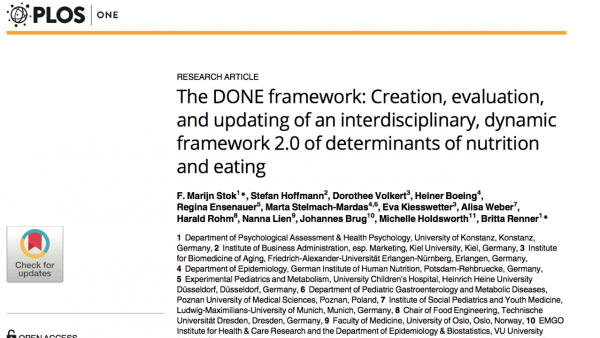
The DONE framework: Creation, evaluation, and updating of an interdisciplinary, dynamic framework 2.0 of determinants of nutrition and eating
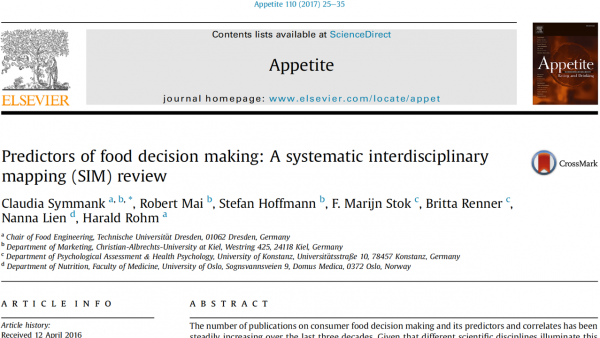
The DONE framework is a framework of the determinants of food choice, eating behavior and nutrition. However, it is often unclear which behaviors and outcomes exactly are referred to with these terms. Research on eating and diet is scattered across many disciplines, and successful synthesis of evidence on determinants is only possible when there is a clear definition and shared understanding of the exact dietary outcomes that are assessed.
Many qualitatively distinct outcomes (ranging from foraging for food to food ingestion, from the intake of single nutrients to patterns of entire diets, from disordered eating to eating habits, and from food preferences to food preparation) can be grouped under the broad umbrella terms food choice, eating behavior and nutrition. Currently, no consistent terminology that is shared across disciplines is available for these many different concepts. This complexity of outcomes, paired with a lack of terminological clarity, consistency and consensus has hindered the the development of a cumulative science regarding the determinants of dietary outcomes.
In order to resolve this lack of consistency and consensus, the members of the DONE team first participated in an online mind mapping procedure to identify the outcomes for which we would subsequently identify the determinants. Using a four-step procedure, each working group member first supplied all diet-related outcomes they knew of, assessed themselves, or read about in the scientific literature. Secondly, these inputs were structured into a first version of the taxonomy by the workgroup leaders, which was then discussed among all work group members during a live discussion. This resulted in a second version of the taxonomy, which was further discussed and refined by a core group of team members. From this discussion resulted the final version of the taxonomy, which includes a total of 34 distinct dietary outcomes. The taxonomy can be downloaded below.
A standardized taxonomy offers several advantages to determinant research: (1) it illustrates the large extent of diversity that exists within this topic; (2) it allows for standardized application of definitions; (3) it encourages international and cross-disciplinary understanding and knowledge exchange; (4) it expedites the pooling of results from determinant research across countries and disciplines.
Additional methodological information about the creation of the taxonomy can be obtained from the journal article written about it.
This article is currently undergoing scientific review and is available upon request.
